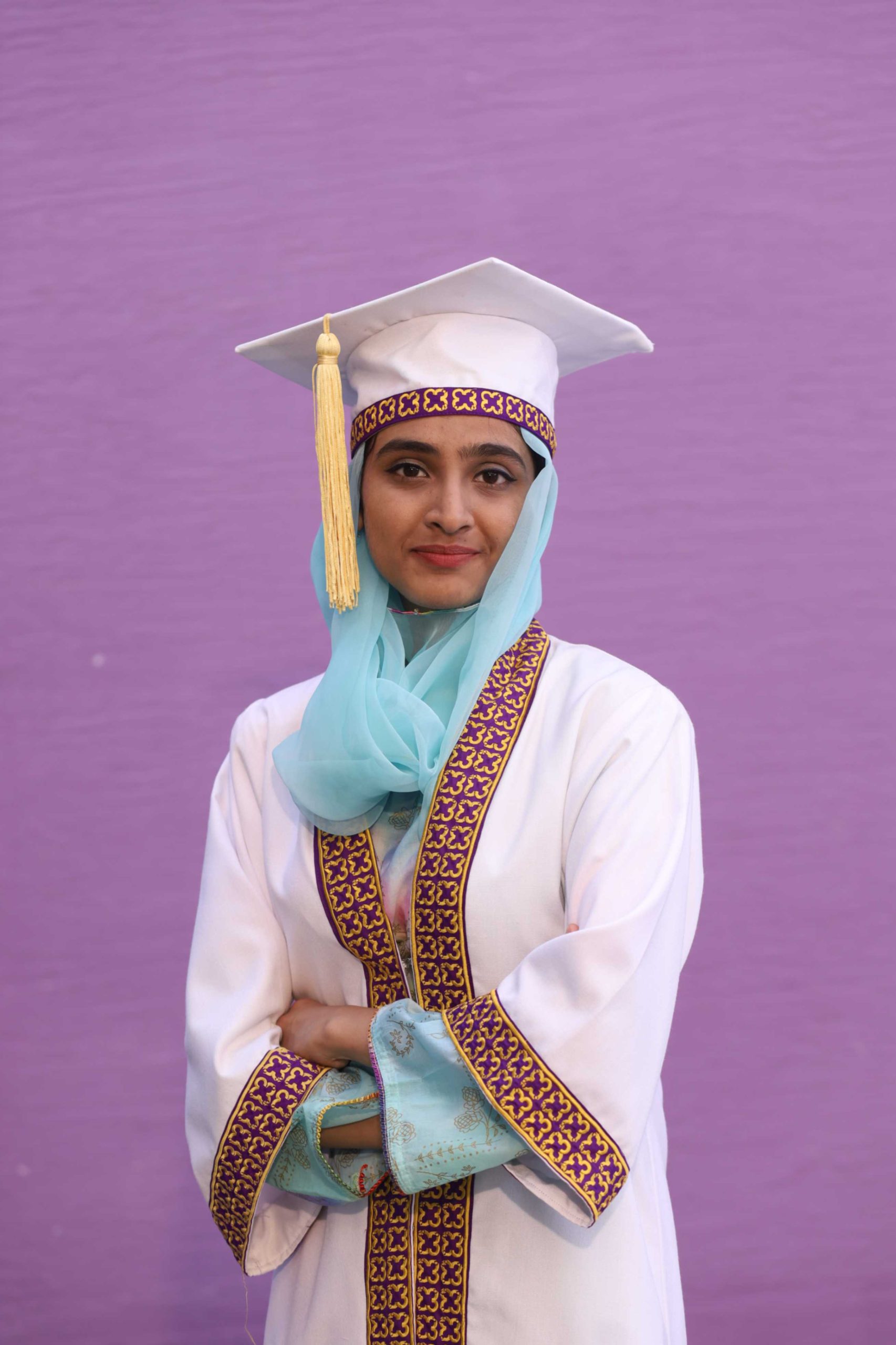
Manaal Khan
Aspiration Statement
I aspire to secure a job or pursue a Master's degree in the field of Electrical Engineering.
Core Skills
- C
- C++
- Critical Thinking
- Figma
- HDL (EDA Playground, Xilinx Vivado)
- MATLAB Simulink
- Python
- Teamwork
- Time Management
Academic Awards / Achievements
- Dean’s List, Spring 2022
- Dean’s List, Fall 2021
- HU TOPS 100% Scholarship
Experience
Leadership / Meta-curricular
- Volunteer, Akhuwat Clothes Drive
- Vocalist, Habib University Orchestra
- We-intech Mentorship Program, Arcelik
Internship / Volunteer Work
- TA - Calculus II (MATH 102), Habib University (January 2022 – June 2022)
- Peer Tutor - Electromagnetic Theory (EE-241), Habib University (January 2022 – May 2022)
- TA - Data Structures & Algorithm (CS-102), Habib University (January 2022 – April 2022)
- TA - Engineering Mathematics (MATH-202), Habib University (September 2021 – December 2021)
- TA - Calculus II (MATH 102), Habib University
Publications / Creative Projects
- Research paper on Internet of Things' Security Threats and Proposing Architecture for its Perception Layer
- Publication on Security Threats and Research Challenges of IoT - A Review and Assessing Security Threats Perception of Layered Internet of Things using Multiple Linear Regression Mode
Final Year Project
Project Title
Controller Designing of Hardware-based Converter
Description
The capstone demonstrates my interest in power electronics and control theory. The motivation for selecting this project was to implement a controller on the already existing hardware of a converter. Furthermore, the field of electric vehicles is developing to shift towards green energy. To reduce carbon footprints, regulation of output voltage of converters is important to minimize errors and reject external disturbances. The project becomes more fascinating due to the additional parasitic components required for achieving a real-life model that can be implemented through the state-space representation to first perform Hardware-in-Loop and then implement the complete hardware setup. FPGA-in-Loop implementation was a new domain of exploration for us because we had to make our simulation to be real-time, which is complex yet interesting.